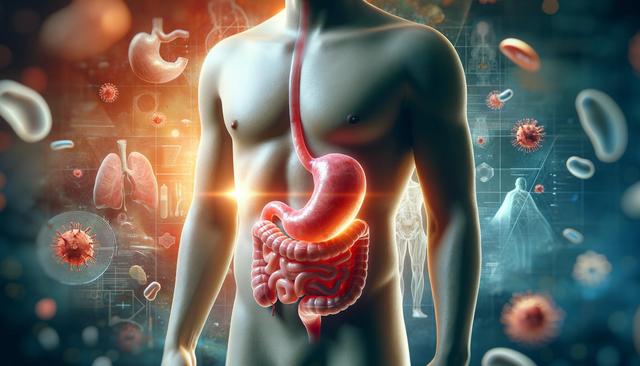What Is Stomach Cancer and Why Symptoms Matter
Stomach cancer, also known as gastric cancer, begins in the lining of the stomach and can grow slowly over time. Early detection is often challenging because initial symptoms may be mild or mistaken for common digestive issues. However, understanding the warning signs plays a vital role in seeking medical attention before the condition progresses. The disease can develop in different parts of the stomach, and symptoms may vary depending on the location and stage of the cancer. Although not all stomach discomfort is related to cancer, persistent or unusual symptoms should not be ignored.
Stomach cancer tends to develop gradually, and early symptoms can be vague. This makes it important for individuals to be aware of any changes in their digestive health. Recognizing these signs early can lead to earlier diagnosis and more effective treatment. Being informed about what to look for is a crucial step in managing your health and reducing potential risks.
Common Early Symptoms to Watch For
In the beginning stages, stomach cancer may not cause noticeable symptoms. However, there are several early indicators that could suggest an issue. These include:
- Persistent indigestion or heartburn
- A feeling of bloating after eating
- Mild nausea or a reduced appetite
- Unexplained fatigue
One of the challenges is that these symptoms are often associated with less serious conditions, such as gastritis or acid reflux. However, when these signs last for more than a few weeks or worsen over time, it’s important to consult a healthcare provider. Individuals over the age of 55 or those with a family history of stomach cancer should be particularly cautious, as they may be at higher risk.
Monitoring how often these symptoms occur and whether they are accompanied by other changes can provide essential clues for medical professionals. Keeping a symptom diary may be helpful when discussing concerns with a doctor.
Advanced Symptoms That Require Immediate Attention
As stomach cancer progresses, more serious symptoms may appear. These are often signs that the disease has grown or spread and require medical evaluation right away. Some of the more concerning symptoms include:
- Unintended weight loss
- Vomiting, especially if it contains blood
- Black, tarry stools indicating internal bleeding
- Difficulty swallowing
- Sharp or persistent abdominal pain
These signs can indicate that the cancer has affected other areas or is causing significant damage. Even if these symptoms appear suddenly, they should not be dismissed. Prompt medical attention can lead to diagnostic tests such as endoscopy or imaging scans, which help determine the nature and extent of the condition. Early intervention is crucial in managing more aggressive stages of the disease.
It’s also important to note that not everyone will experience all these symptoms. The presence of one or more should still prompt a conversation with a healthcare provider.
Who Is at Risk and What to Consider
Several risk factors can increase the likelihood of developing stomach cancer. While some risks are genetic or related to age, others involve lifestyle or environmental exposure. Key risk factors include:
- Long-term infection with Helicobacter pylori (H. pylori)
- Smoking and excessive alcohol consumption
- Diet high in salty or smoked foods
- Family history of gastric cancer
- Certain genetic conditions
Understanding your personal risk can help you make informed decisions about your health. For example, individuals with a family history of stomach cancer might consider regular screenings or genetic counseling. Lifestyle changes such as quitting smoking, reducing alcohol intake, and improving diet can also lower risk. Maintaining a healthy weight and managing chronic conditions like acid reflux may contribute to better digestive health overall.
Doctors can help assess individual risk through medical history and laboratory testing. It’s advisable to have regular checkups, especially if you fall into a higher risk category.
When to Seek Medical Advice
If you notice persistent changes in your digestion or experience any of the symptoms mentioned, it’s important not to delay seeking professional advice. Early diagnosis can make a significant difference in treatment options and outcomes. Here are some signs that should prompt a medical consultation:
- Ongoing stomach discomfort or bloating not relieved by over-the-counter medication
- Loss of appetite combined with fatigue
- Visible signs of bleeding (vomiting blood or dark stools)
- Difficulty eating or swallowing
Doctors may recommend a physical exam, blood tests, imaging studies, or endoscopic procedures to investigate the issue further. Timely testing can help confirm or rule out serious conditions, allowing for a more targeted approach to treatment. It’s always better to err on the side of caution when it comes to persistent or unexplained symptoms.
Remember, while many digestive issues are harmless, staying informed and proactive can lead to better health outcomes and peace of mind.












